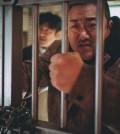- California Assembly OKs highest minimum wage in nation
- S. Korea unveils first graphic cigarette warnings
- US joins with South Korea, Japan in bid to deter North Korea
- LPGA golfer Chun In-gee finally back in action
- S. Korea won’t be top seed in final World Cup qualification round
- US men’s soccer misses 2nd straight Olympics
- US back on track in qualifying with 4-0 win over Guatemala
- High-intensity workout injuries spawn cottage industry
- CDC expands range of Zika mosquitoes into parts of Northeast
- Who knew? ‘The Walking Dead’ is helping families connect
S. Korean sex workers say law banning trafficking unconstitutional
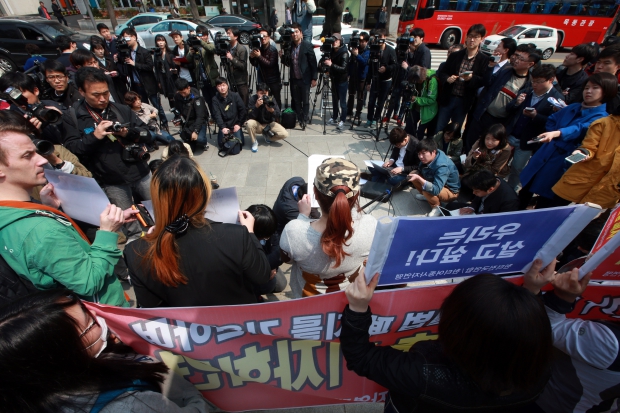
Sex workers hold a press conference in front of the Constitutional Court in Seoul on April 9, 2015 before attending the first public hearing on the constitutionality of the sex trafficking law. (Yonhap)

South Korean sex workers called for a repeal of the current law banning sex trafficking, saying most of them have no other means of earning a living. (Yonhap file photo)
SEOUL, April 9 (Yonhap) — South Korean sex workers Thursday called for a repeal of the current law banning sex trafficking, a case that reignited a public debate over prostitution in the male-dominated society.
“Nobody’s a victim if there was no exploitation or intimidation involved,” an unidentified woman read from a petition signed by about 900 sex workers at the Constitutional Court.
They also claimed the law goes against the “principle of minimal intervention” as it punishes the voluntary choice by female adults.
In South Korea, both buying and selling sex are offenses punishable by up to a year in prison or a maximum fine of 3 million won (US$2,700). In Germany and the Netherlands, however, prostitution is legal as long as it is for one’s livelihood.
Around 250 sex workers, mostly clad in sunglasses to apparently hide their identities, showed up to submit their petitions and attend the first public hearing on the issue. Only half, however, were allowed to enter the court room due to limited space.
The case came after a 44-year-old woman accused of sex trafficking in 2012 for what she claims was for a living filed a petition with the court, questioning the constitutionality of the current law.
Jeong Gwan-yeong, attorney for the woman, surnamed Kim, said South Korea should allow prostitution on a small scale, noting for some women, it’s the only means to make ends meet.
“Most of these workers have no other means of earning a living,” he told the justices at the hearing.
But opinions vary even among those who want the law repealed.
For instance, Kim Kang-ja, a renowned activist for the legalization of prostitution, says both buying and selling sex should be allowed.
“Everyone should have equal opportunities for sex,” she told reporters after the hearing. “Even single fathers or people with disabilities.”
The justice ministry, however, maintains most South Koreans believe sex trafficking is wrong.
“There’s a common need for us to ban and punish prostitution,” one of the justices said.
Sex trafficking law in South Korea was first legislated in 2004, after fires in the red light district in Gunsan, 274 kilometers south of Seoul, in 2000 and 2002, revealed the poor conditions in which prostitutes worked.
Justices are to rule on the constitutionality of the law by the end of this year.







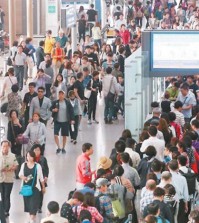
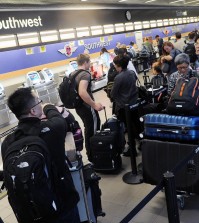

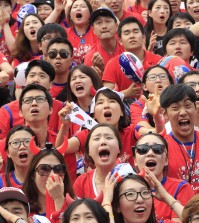

![trump[reuters]](http://www.koreatimesus.com/wp-content/uploads/2024/05/2023-06-10T235115Z_520439966_RC2NG1AXVQJW_RTRMADP_3_USA-TRUMP-copy-120x134.jpg)
